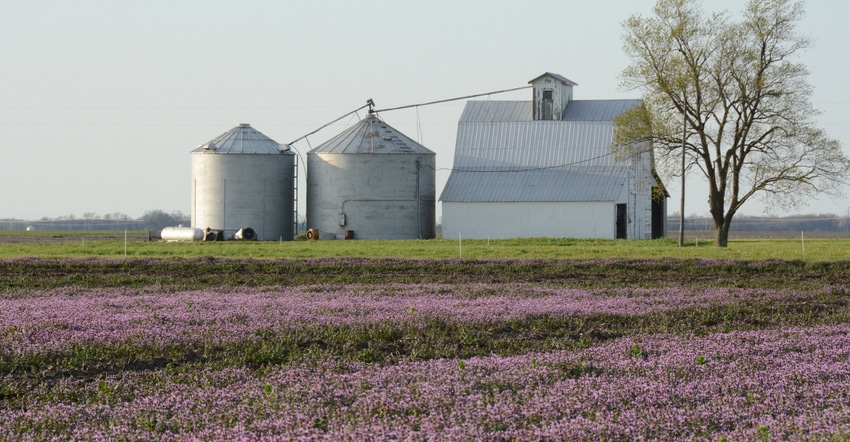
Will lenders stick with farmers through the agricultural downturn wrought by the global coronavirus pandemic?
Jackie Martinie says yes, and farmers are right to ask that question. Martinie is the chief credit officer for Farm Credit Illinois, and she says they will stand by their members.
“I hope our actions over the last few years show people that we’ll stick with them,” she says, adding that most of their members came into the first quarter of 2020 strong, having handled 2019 well for the most part with stable to slightly declining balance sheets. She credits Market Facilitation Payments for taking net income from breakeven to positive.
Related: Complete coronavirus coverage
“That was a big piece of making our members survive,” Martinie says.
Farm Credit Illinois staff went through the majority of their members’ operating loans before COVID-19 hit, and they are going back through about 20% of their loans using revised annual grain budgets from the University of Illinois that apply a “shock” to the analysis — essentially looking at how that larger operation will fare if grain prices fall by 20%.
“If they have a negative margin, we’re looking at whether working capital is adequate to make up for the negative margin," Martinie says. "And if not, do they have enough equity to sustain themselves through this? If not, we want to communicate with them about what we’re seeing and how we can help."
For those folks, they’re offering “pandemic servicing,” with delayed payments on a short term of 90 days to longer one-year deferred payments. She says that’s especially important for hog producers who have a product they can’t deliver, and she expects to offer pandemic servicing for the next year.
“That’s what we’re trying to do to help,” Martinie says, adding, “There’s not a lot for anyone to do, because of packer plants not running at capacity.”
On the cash grain side, she says their members are OK unless they were still carrying grain inventory, where prices dropped 20% at the onset of COVID-19, affecting liquidity.
Talk early and often
Overall, Martinie says they want to take a coaching and supporting role in those situations where they see financial weakness — to dive in and see what the issues really are. That’s where cooperation and teamwork from the farmer is ideal, so they can determine the cause of the situation.
"If it’s the market and the current situation, then let’s put together a plan and get through this,” she says. “Where we’ve had disconnect in the past is where the member isn’t trying to figure out the deep-down issue — they don’t know cost of production or family living, or they haven’t adjusted their family living expenses to the current situation.”
Compeer Financial says it, too, is committed to agriculture and rural America through the pandemic. “Our commitment is not wavering due to COVID-19,” says Matt Ginder, chief core markets officer for Compeer.
Like Farm Credit Illinois, Compeer is offering different loan options, looking at different terms and interest rates. It also is offering interest-only payments or payment deferrals. And it is reaching out to farmers to have those conversations and looking for a two-way street of communication.
“The more time and information we have, the better off we are to give options and tweak and make adjustments,” Ginder explains.
“As rural America goes, so goes Compeer,” he adds. “We’re committed to farmers on an individual level, operation by operation.”
Read more about:
Covid 19About the Author(s)
You May Also Like






